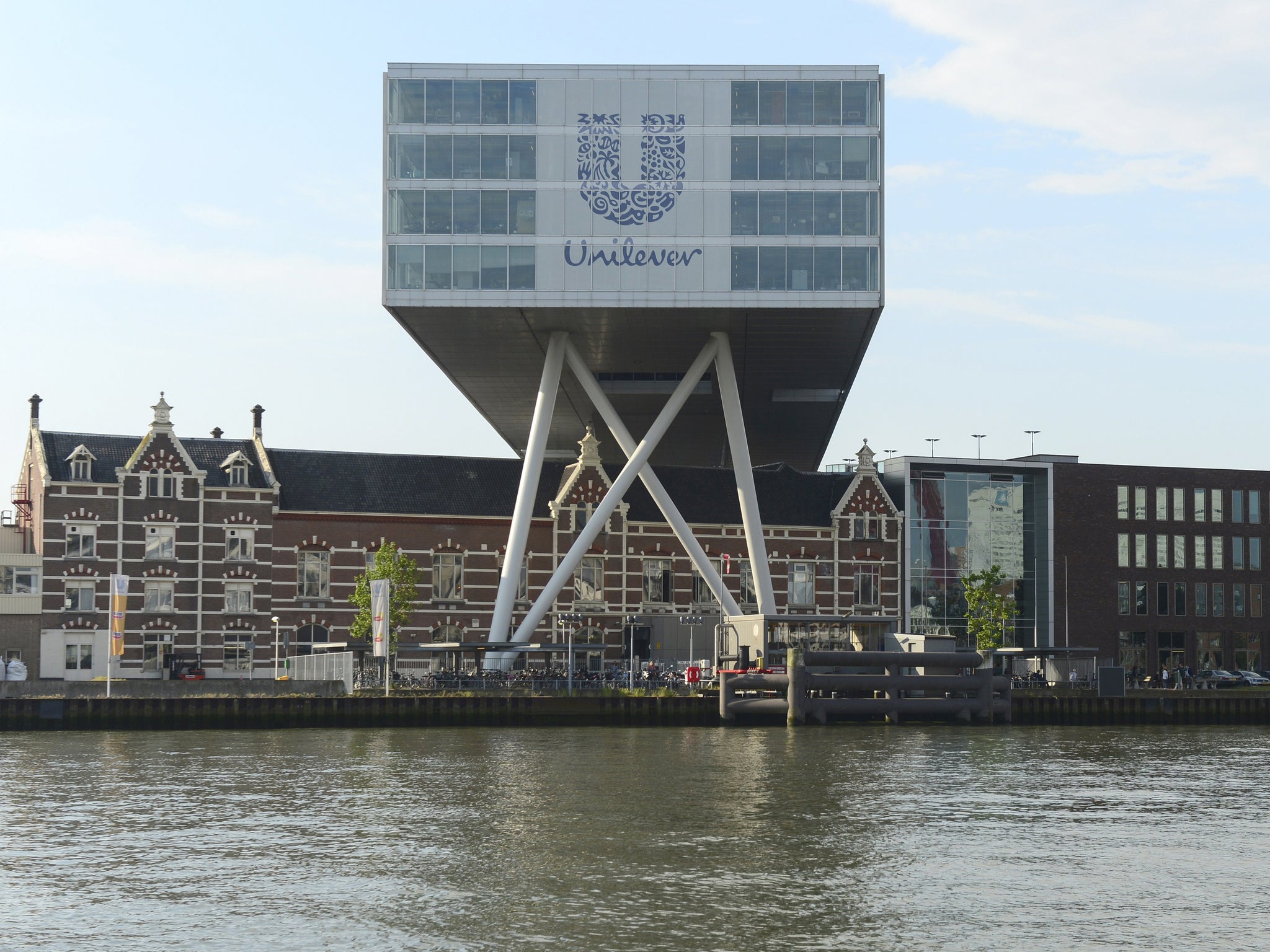Will Unilever struggle in the competitive new world of ecommerce?
Outlook

Goldman Sachs chose its timing well. If you’re issuing a damning research note on a company with huge exposure to emerging markets, do it just as China enters a currency war.
That’s a cynical take, of course, but Goldman’s Unilever bomb was timed to explode just hours after Beijing’s first assault on the yuan (or just hours before its second, depending how much you believe in the bank’s omnipotence).
So, when the Ben & Jerry’s maker’s shares plunged as much as 4 per cent at one stage, it was hard to tell how much was down to Goldman, and how much China. But the starkness of Goldman’s “sell” advice on Unilever makes me suspect the investment bank had the upper hand.
While it pains me to say it about a company I’ve always admired for its decent behaviour in the communities it serves (particularly in comparison with Goldman), I’m afraid the bank made some valid points.
Its prime concern is how Unilever will cope with the global rise and rise of ecommerce. The problem is, online stores, with their giant distribution centres, give shoppers such a vast range of choice that sales of Unilever’s mass market ranges like Domestos and Hellman’s will suffer as new rivals flood in. Where in the old days, a new pasta sauce or hand cream might struggle to get listed in the shops alongside Knorr and Dove, online stores will take them in and sell them by the thousand. Ocado, for example, already stocks 25 per cent more lines than Tesco, giving new online shelf space to hundreds of products that rival Unilever’s.
Second, Goldman says Unilever is heavily exposed to emerging markets, where it expects people’s disposable incomes to come under pressure.
Third, while it applauds Unilever’s takeovers of pricier brands like Dermologica, the company remains a tiddler in this “premium” market, with its loyal customer base, compared with L’Oreal, Estee Lauder and LVMH.
Unilever would doubtless counter that its last set of figures showed decent sales and margin growth, while it recently did a Chinese ecommerce deal with Alibaba.
But there’s little doubt: life is going to get harder.
Join our commenting forum
Join thought-provoking conversations, follow other Independent readers and see their replies
Comments
Bookmark popover
Removed from bookmarks